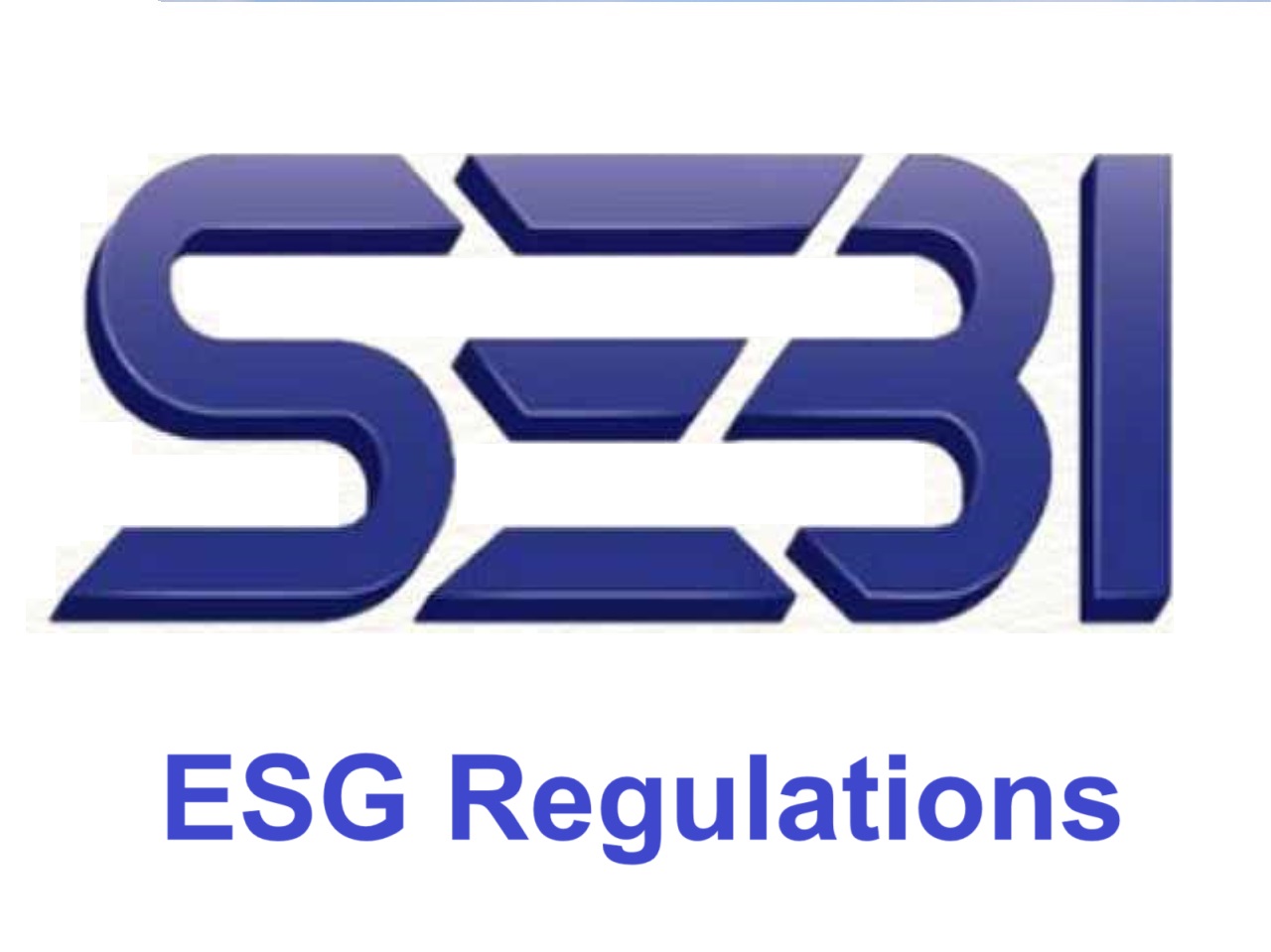Imagine you're in a race, sprinting towards your goals with all your might. But suddenly, the rules of the game change, and you're faced with new hurdles you never saw coming. This is the situation many Indian companies find themselves in as they grapple with the Securities and Exchange Board of India's (SEBI) new Environmental, Social, and Governance (ESG) reporting regulations.
These regulations, introduced in 2022, require listed companies to disclose their ESG performance, providing investors with a clearer picture of their sustainability practices. While this may seem like a straightforward change, it has sent shockwaves through India's corporate landscape, leaving many companies scrambling to adapt.
Table of contents [Show]
Why the Jitters?
The main reason for the nervousness among companies is the sheer scale of the task at hand. ESG reporting involves a comprehensive evaluation of a company's impact on the environment, society, and governance. This requires gathering and analyzing a vast amount of data, which can be a daunting prospect for companies that have not previously prioritized ESG.
Moreover, the lack of clarity surrounding the specific ESG metrics and reporting standards has only added to the confusion. Companies are unsure of what exactly they need to measure and disclose, making it difficult to prepare for the new reporting requirements.
The Stakes are High:
Despite the challenges, companies cannot afford to ignore SEBI's ESG regulations. Failing to comply can lead to financial penalties and reputational damage. In today's world, where investors are increasingly concerned about sustainability, companies with poor ESG records can find themselves at a significant disadvantage.
Rising to the Challenge:
The transition to ESG reporting may be challenging, but it is also an opportunity for companies to demonstrate their commitment to sustainability and responsible business practices. By embracing ESG principles, companies can not only improve their environmental and social performance but also enhance their long-term financial performance and attract a wider pool of investors.
The Path Ahead:
To navigate the ESG landscape effectively, companies need to adopt a structured approach:
| Assess Current ESG Performance | Companies need to conduct a thorough assessment of their current ESG performance, identifying areas where they excel and areas that require improvement. |
| Set ESG Goals | Based on the assessment, companies should set clear and measurable ESG goals, aligning them with their overall business strategy. |
| Develop ESG Policies and Procedures | Companies need to establish comprehensive ESG policies and procedures to ensure that ESG considerations are integrated into all aspects of their operations. |
| Implement Data Management Systems | Companies need to invest in robust data management systems to effectively collect, analyze, and report ESG data. |
| Seek Expert Guidance | Companies should seek guidance from ESG experts to gain insights into best practices and navigate the complexities of ESG reporting. |
SEBI's ESG regulations may be causing some initial discomfort, but they are a necessary step towards a more sustainable and responsible corporate landscape. By embracing ESG principles and adapting to the new reporting requirements, Indian companies can not only strengthen their environmental and social impact but also enhance their long-term competitive advantage.








